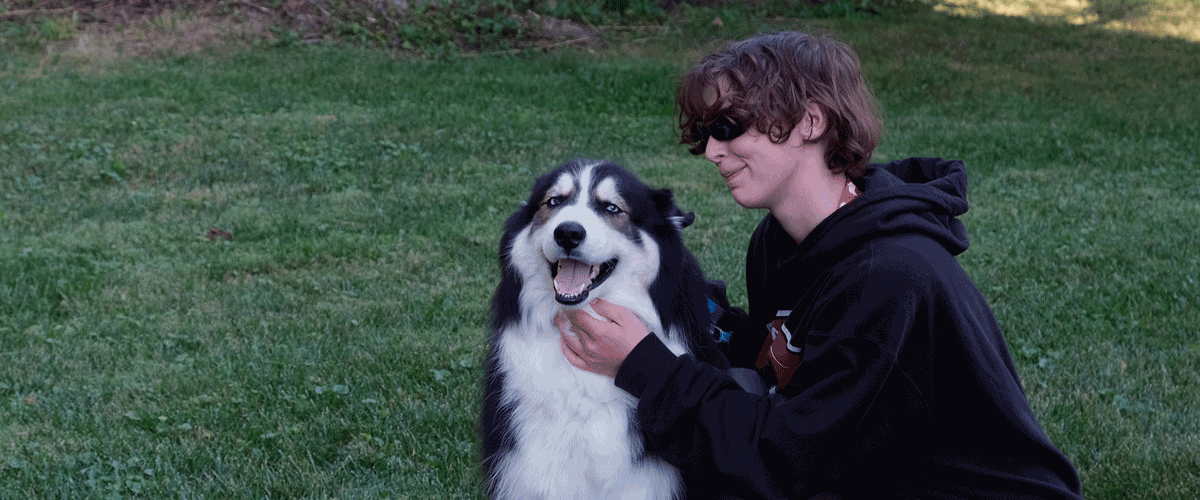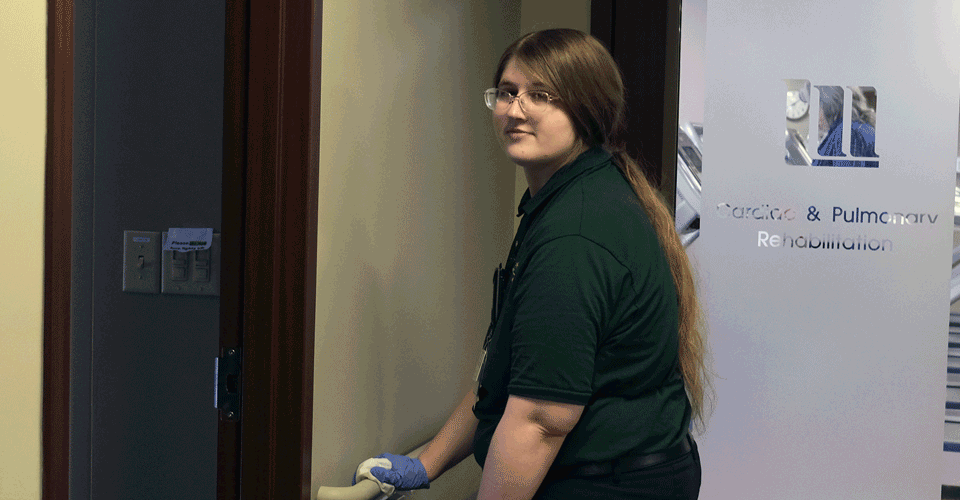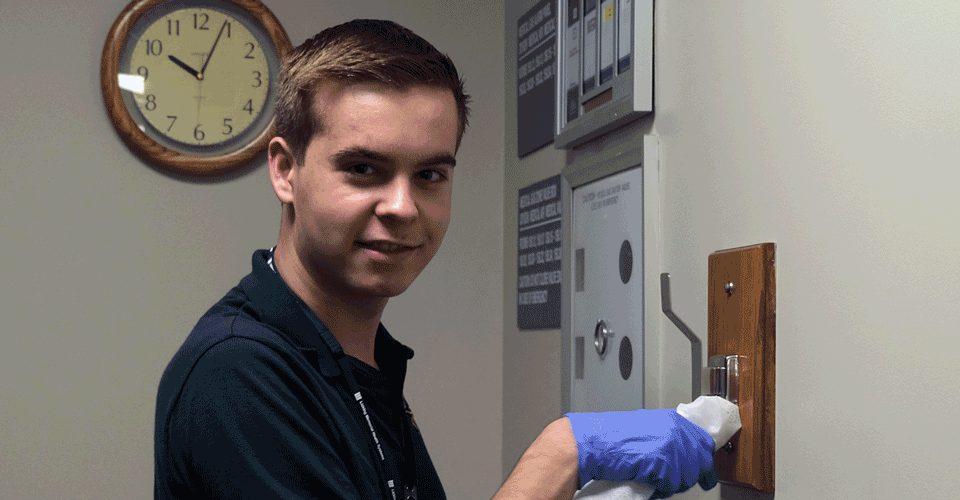- Fax- 740-322-6990
- 740-349-6588
- 800-325-2848
Exploring options for independence
Alex Corwin chosen as next LCBDD Superintendent!
September 5, 2025
Forging connections!
September 26, 2025Living with a cortical visual impairment (CVI), Megan Young knows that the way she sees the world is completely unique to her.
“Everyone’s story is different,” she said. “My vision is constantly changing, one moment I can be, ‘lights out’, another moment I have perfect vision and another moment, I get tunnel vision.”
Although she is considered legally blind, the daily changes she goes through can be isolating and stressful,
But when she attended a summer adaptive sports program through the organization STRIVE4You, she was able to meet others who are blind or low-vision for the first time. The experience left her feeling less alone and also empowered.
“Meeting them and getting to know them, I realized I wanted to go into disability advocacy and that’s what I want to do,” she said.
As she approaches the end of high school, she’s working to find as many resources and supports to help her meet that goal.
A CVI, sometimes also called a cerebral visual impairment, is caused by damage to the parts of the brain that process vision. According to the National Institutes of Health’s National Eye Institute, CVI is a leading cause of vision loss among kids in the United States.
While their eyes function typically, their brain has trouble processing and understanding visual signals.
 Doctors believe that Megan’s CVI was caused by a stroke, either before she was born or in her first month of life. But she wasn’t diagnosed until she was 8.
Doctors believe that Megan’s CVI was caused by a stroke, either before she was born or in her first month of life. But she wasn’t diagnosed until she was 8.
Although she kept bumping into things throughout childhood, doctors couldn’t find any physical concerns with her eyes. It wasn’t until she was participating in an autism study at the Ohio State University Nisonger Center that an MRI revealed brain damage.
Over the years, she’s also experienced seizures and has struggled to get the support she needed.
Despite the unpredictability in her daily life, Megan enjoys working out, hanging out with friends, singing and spending time in nature and with her dogs.
She often relies on counting steps at home and uses a cane and her smart phone to navigate school when her vision changes.
With the end of high school approaching, Megan and her family connected with the Licking County Board of Developmental Disabilities last year.
Her Service Coordinator Sarah Bradler and Transition Specialist Jaclyn Alexander have been brainstorming different resources to prepare her for life after graduation.
One suggestion was to get a Tech Assessment to determine if Megan could take advantage of additional assistive technology.
Offered by LCBDD at no cost to families, the assessments are conducted by a DD tech consultant called AbilityTech. Owner Ken Smith was able to meet with Megan to discuss her abilities, challenges and future goals.
Megan said she’s excited to see the results of the assessment and explore options for more independence. She’s interested in transition opportunities provided by the Ohio School for the Blind and would like to learn Braille.
After working with Megan for the past year, Jaclyn said she’s excited to see her advocacy and independence continue to grow.
“Megan is very determined,” Jaclyn said. “She knows what she wants and is going to get what she wants.”
For more information about Tech Assessments, talk with your Service Coordinator or contact Amanda Brehm, LCBDD’s Technology First Coordinator at amanda.brehm@lcountydd.org or 740-349-5688.




